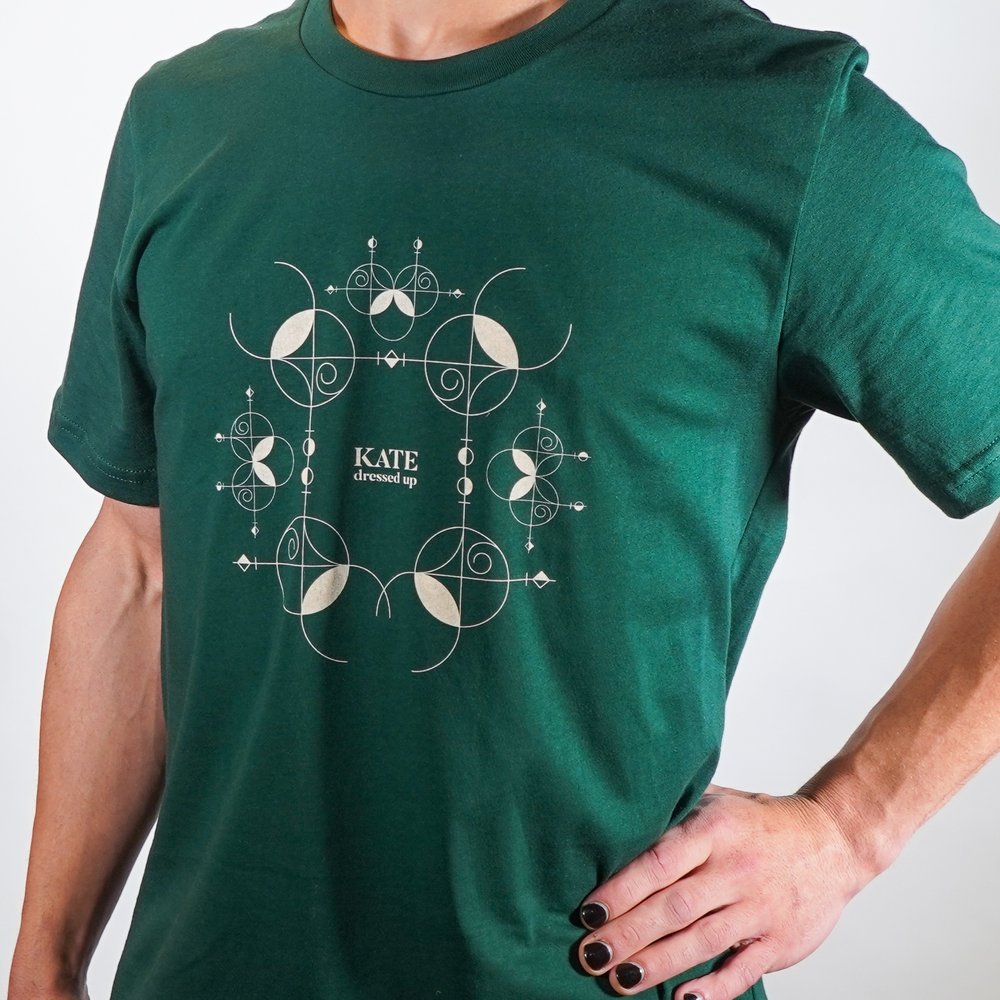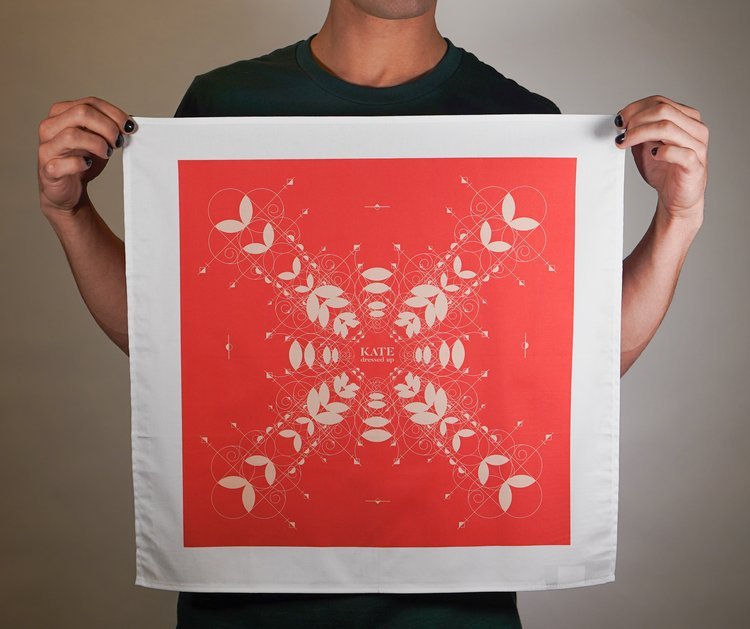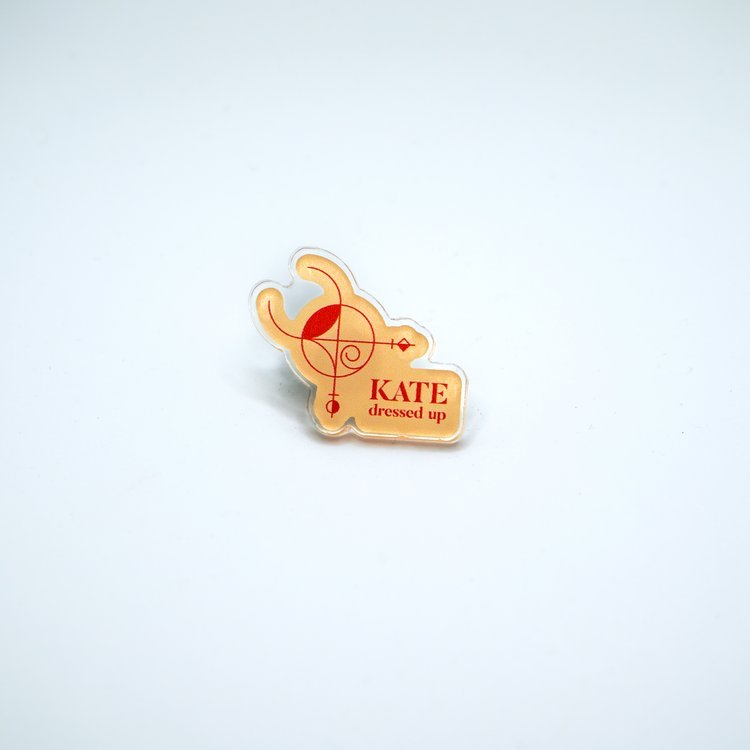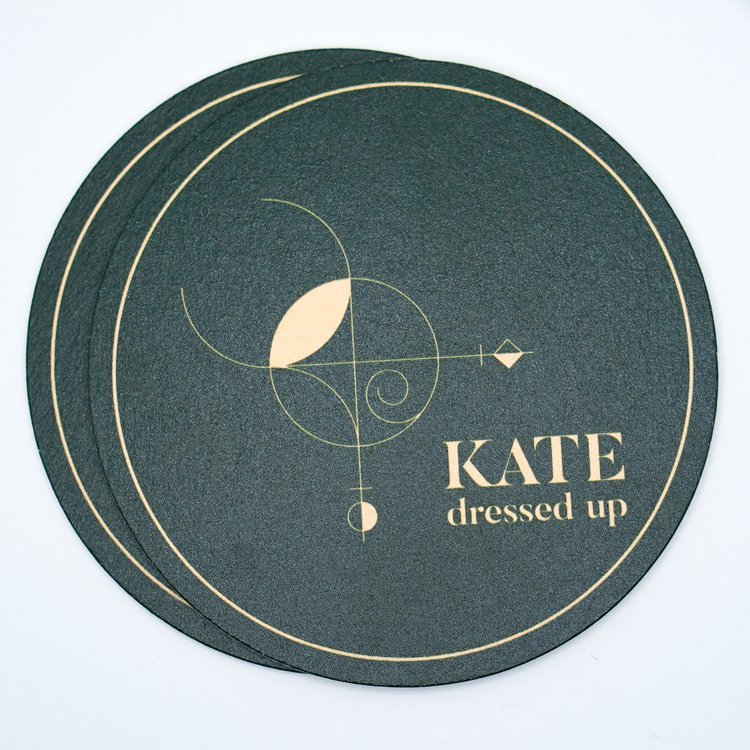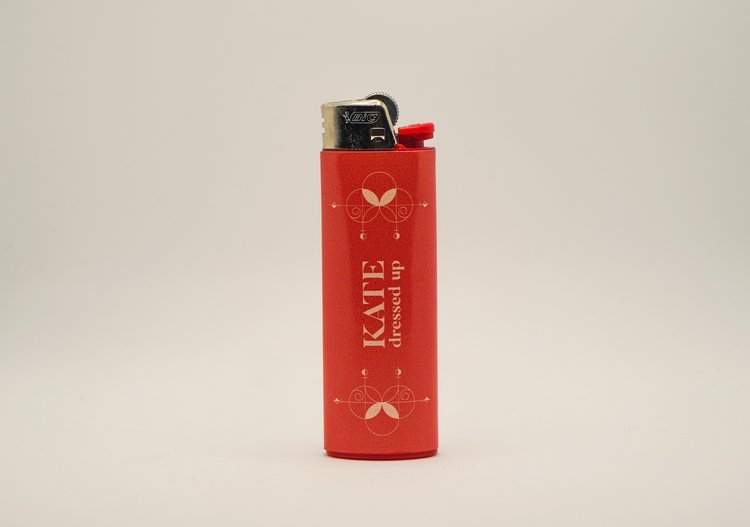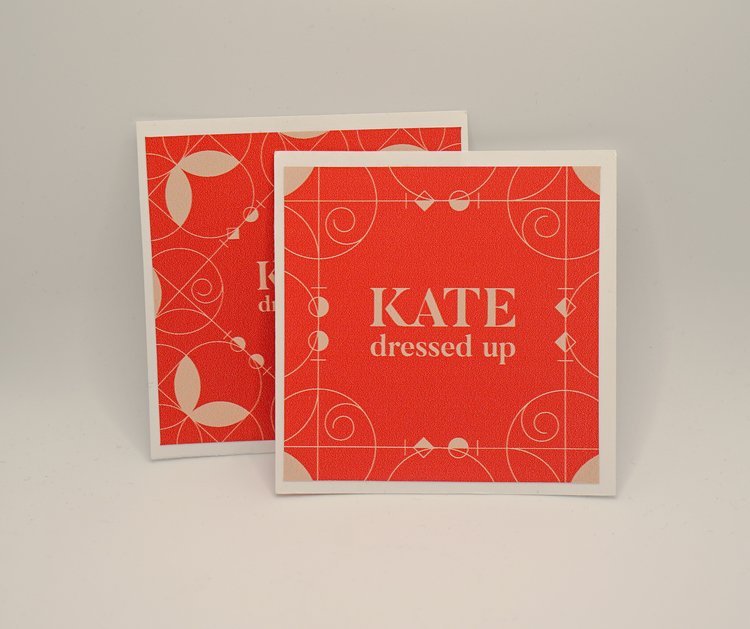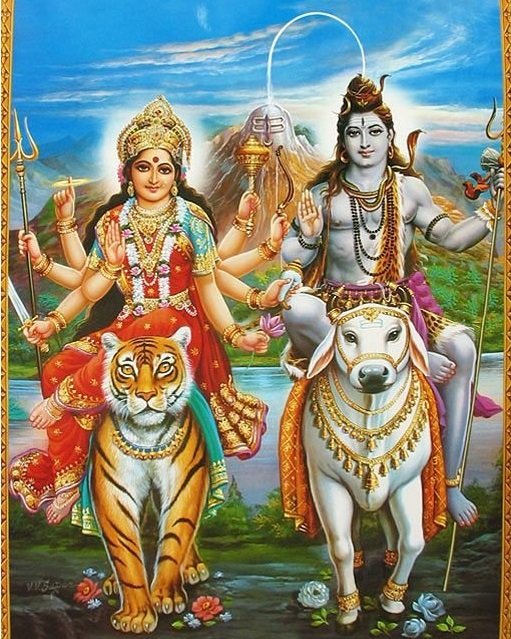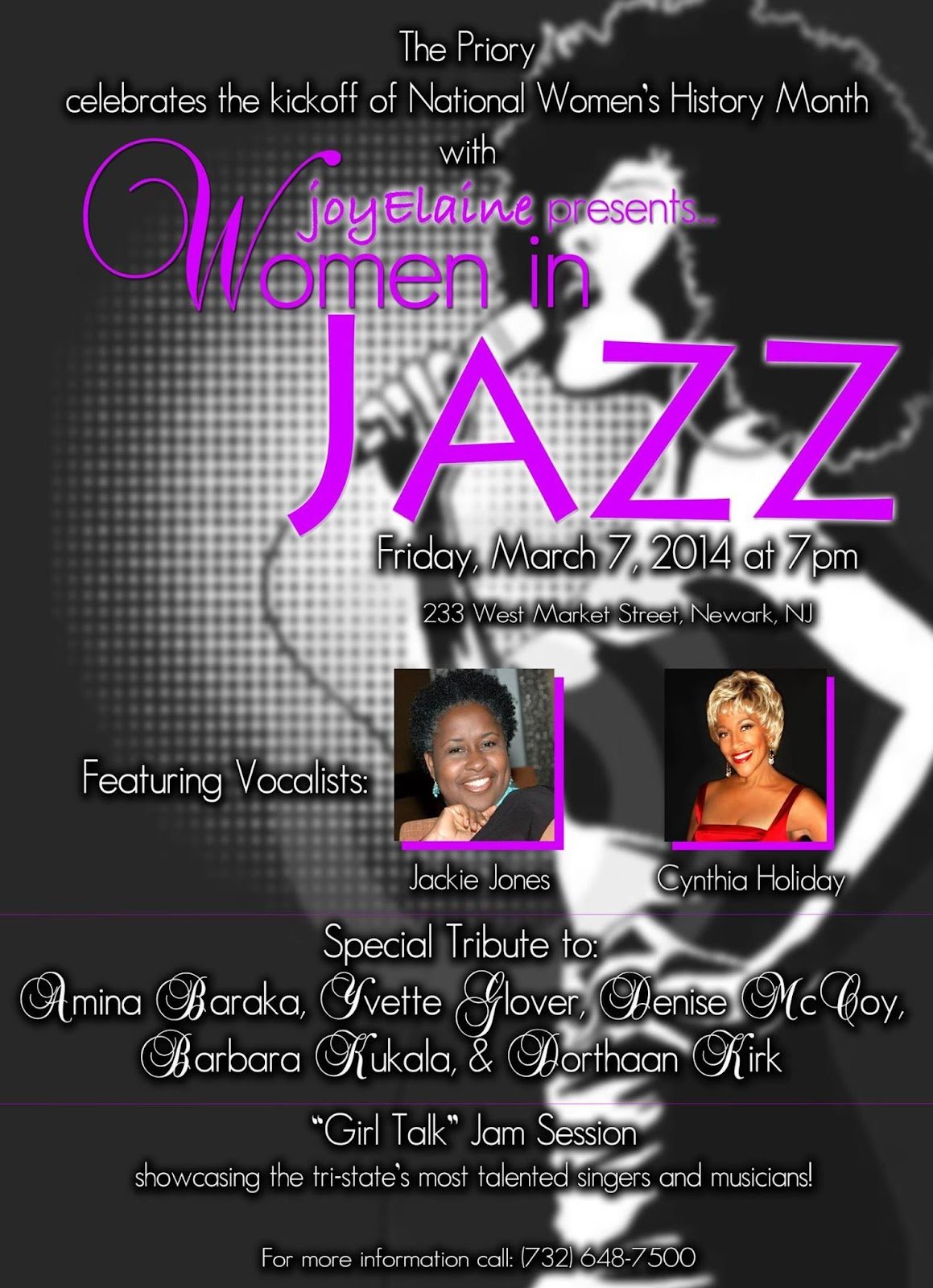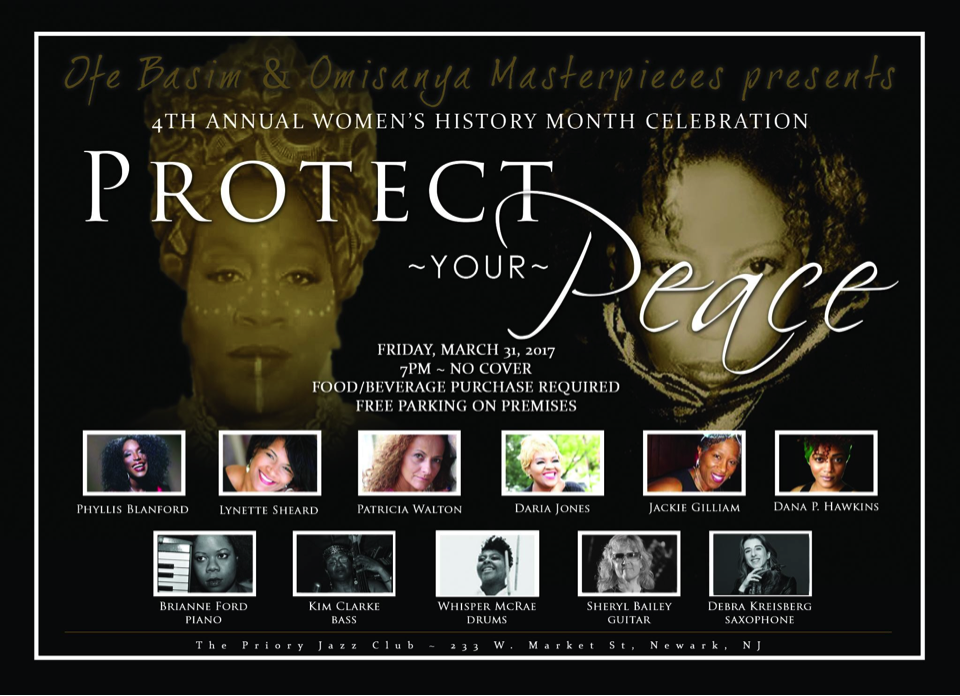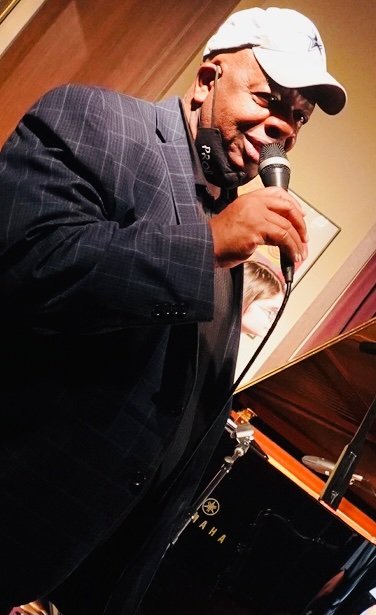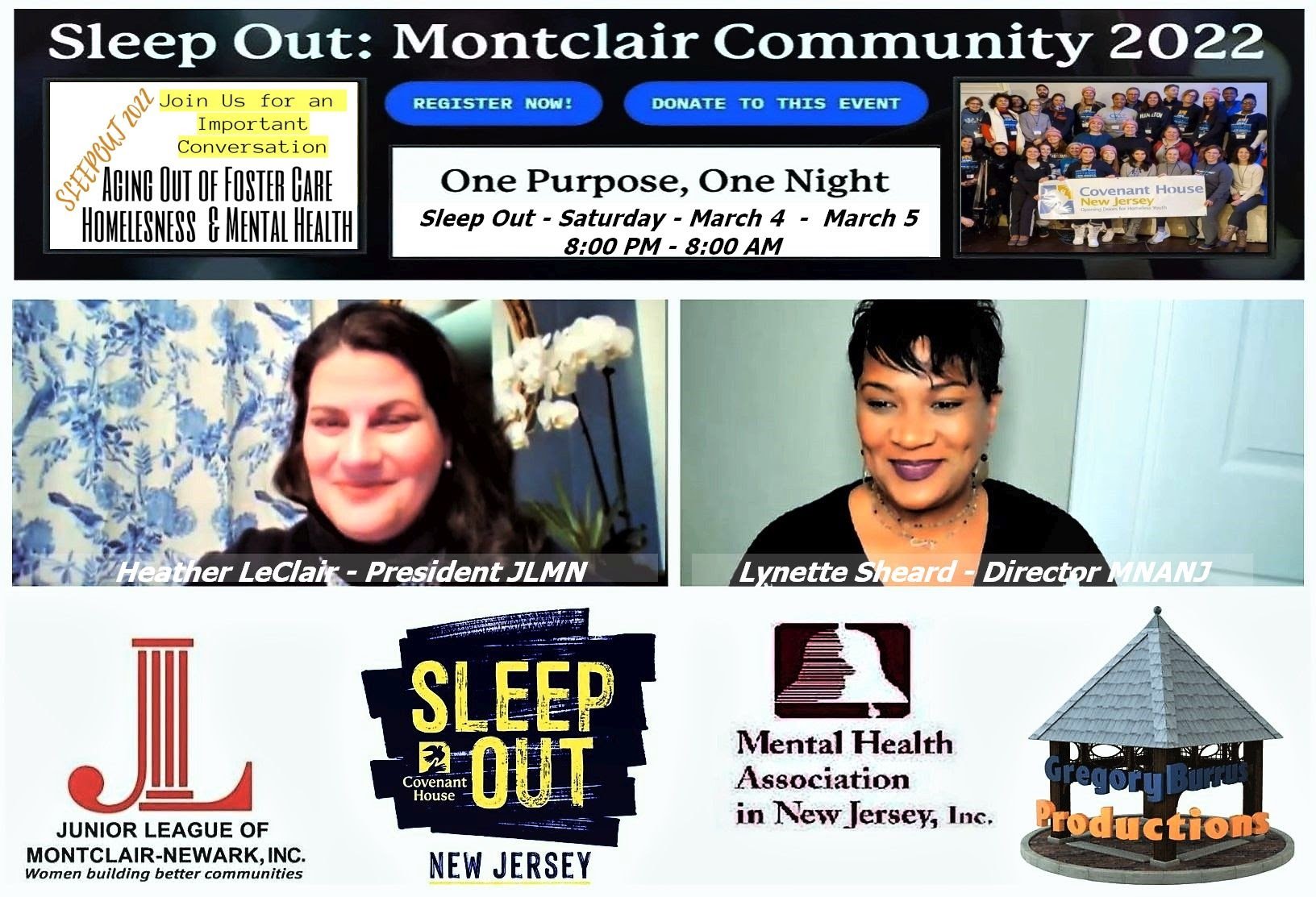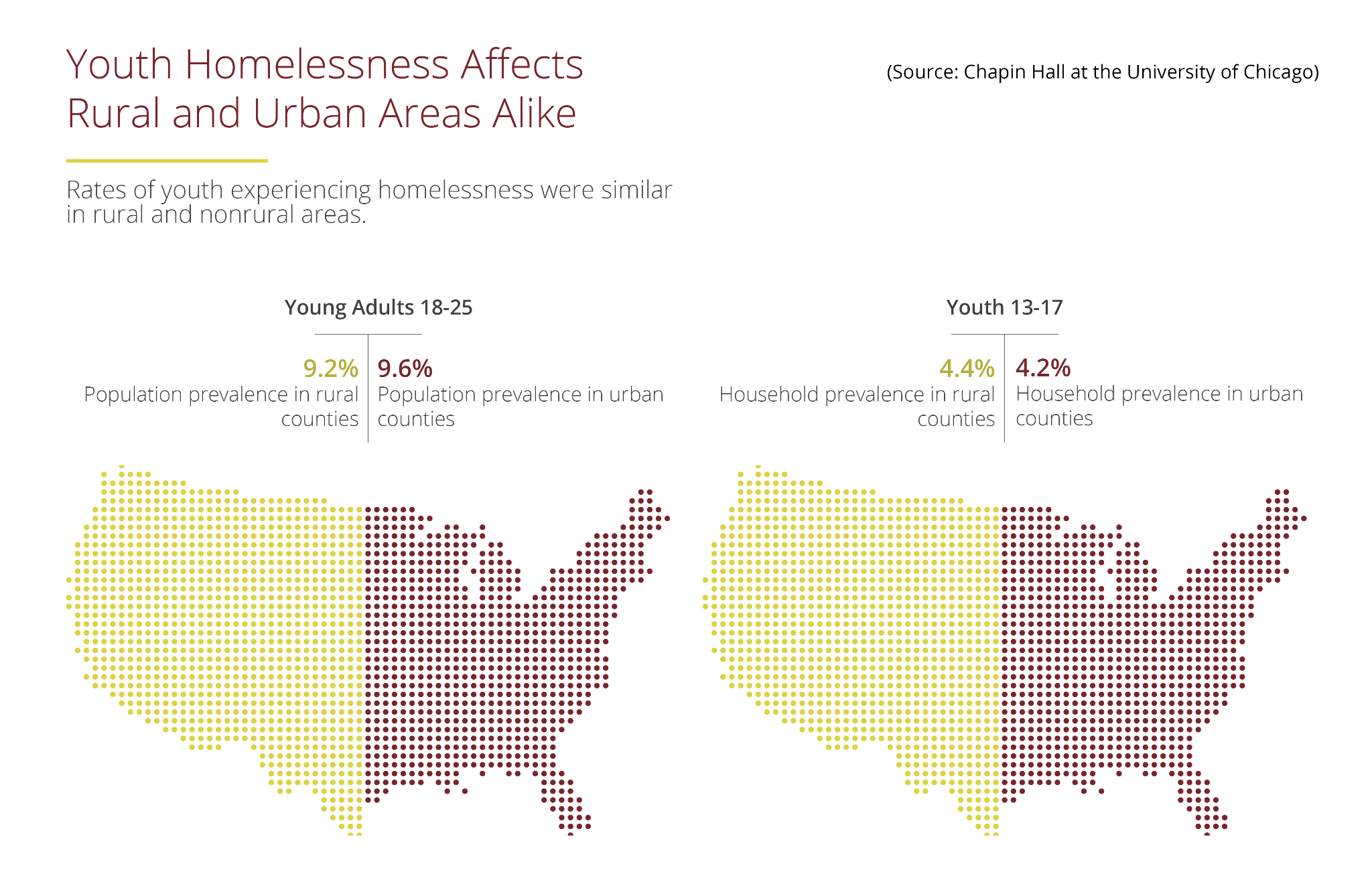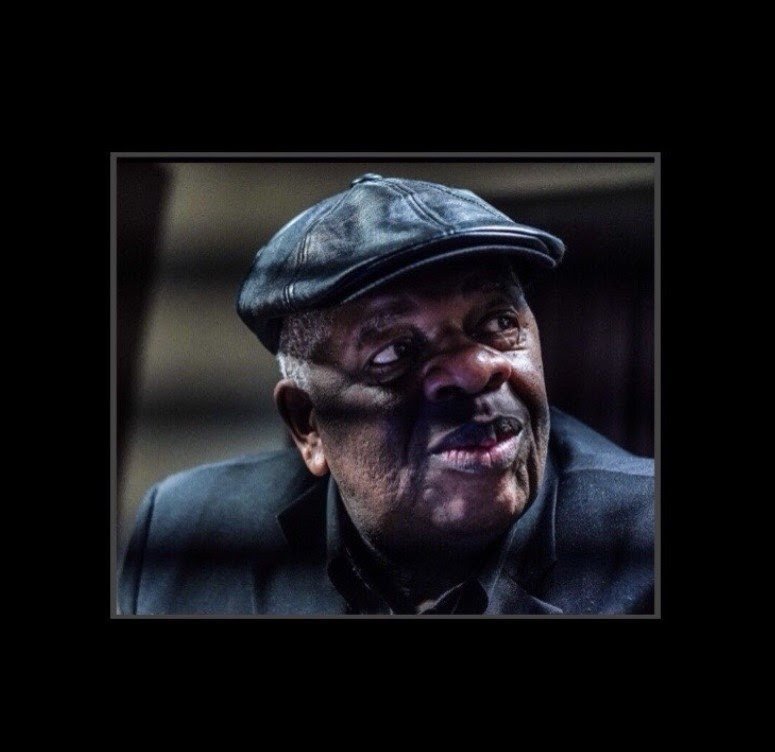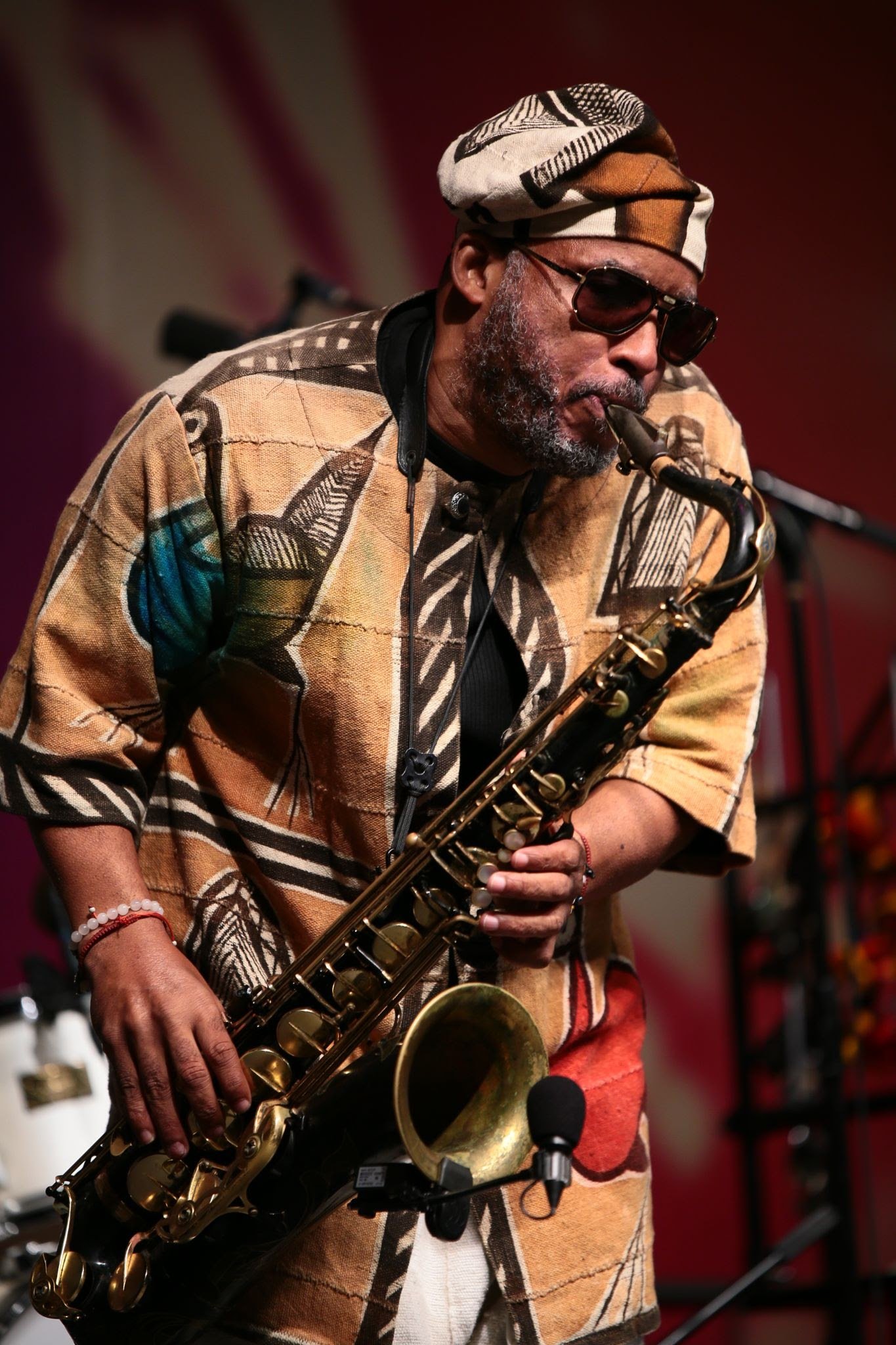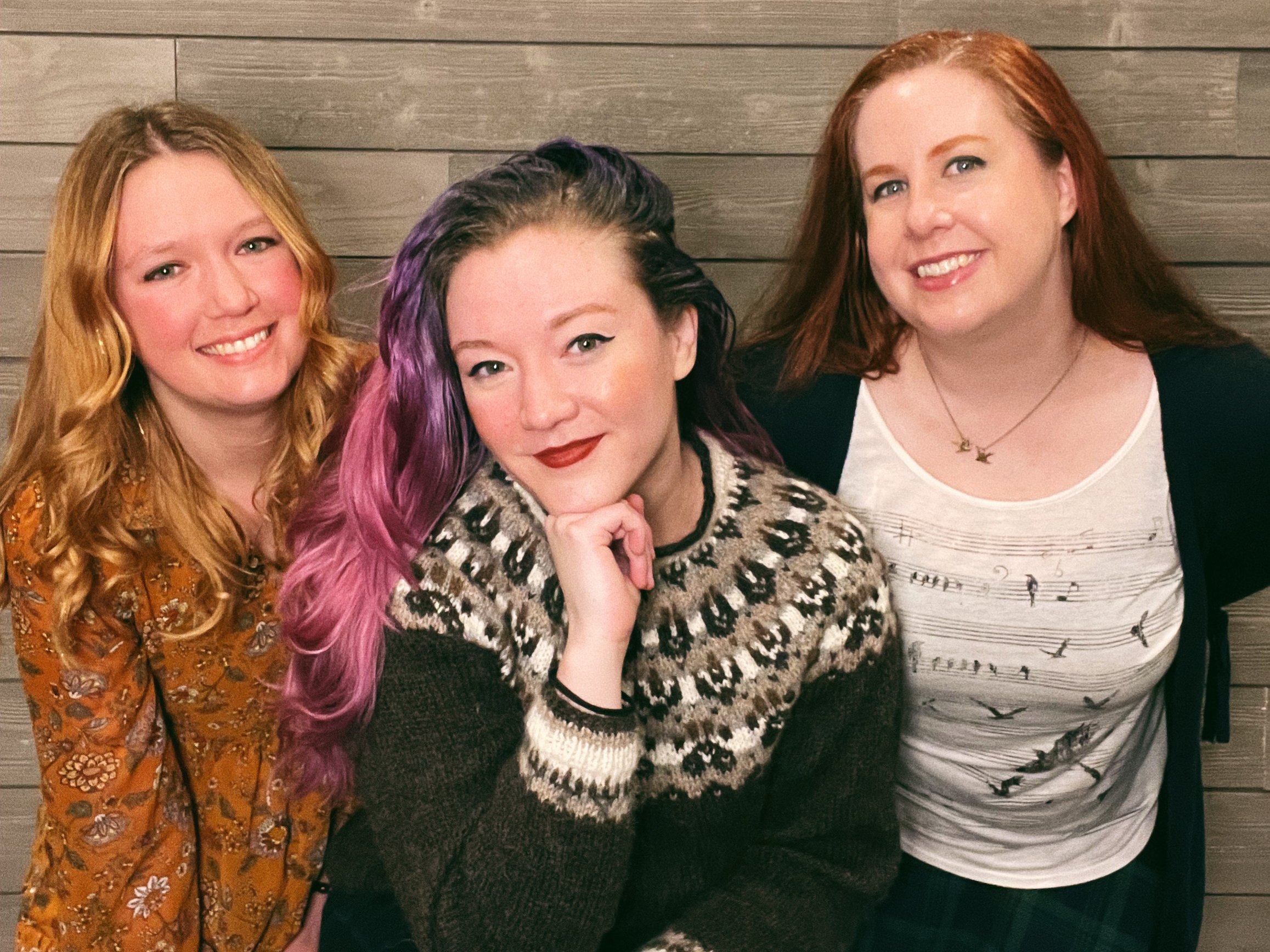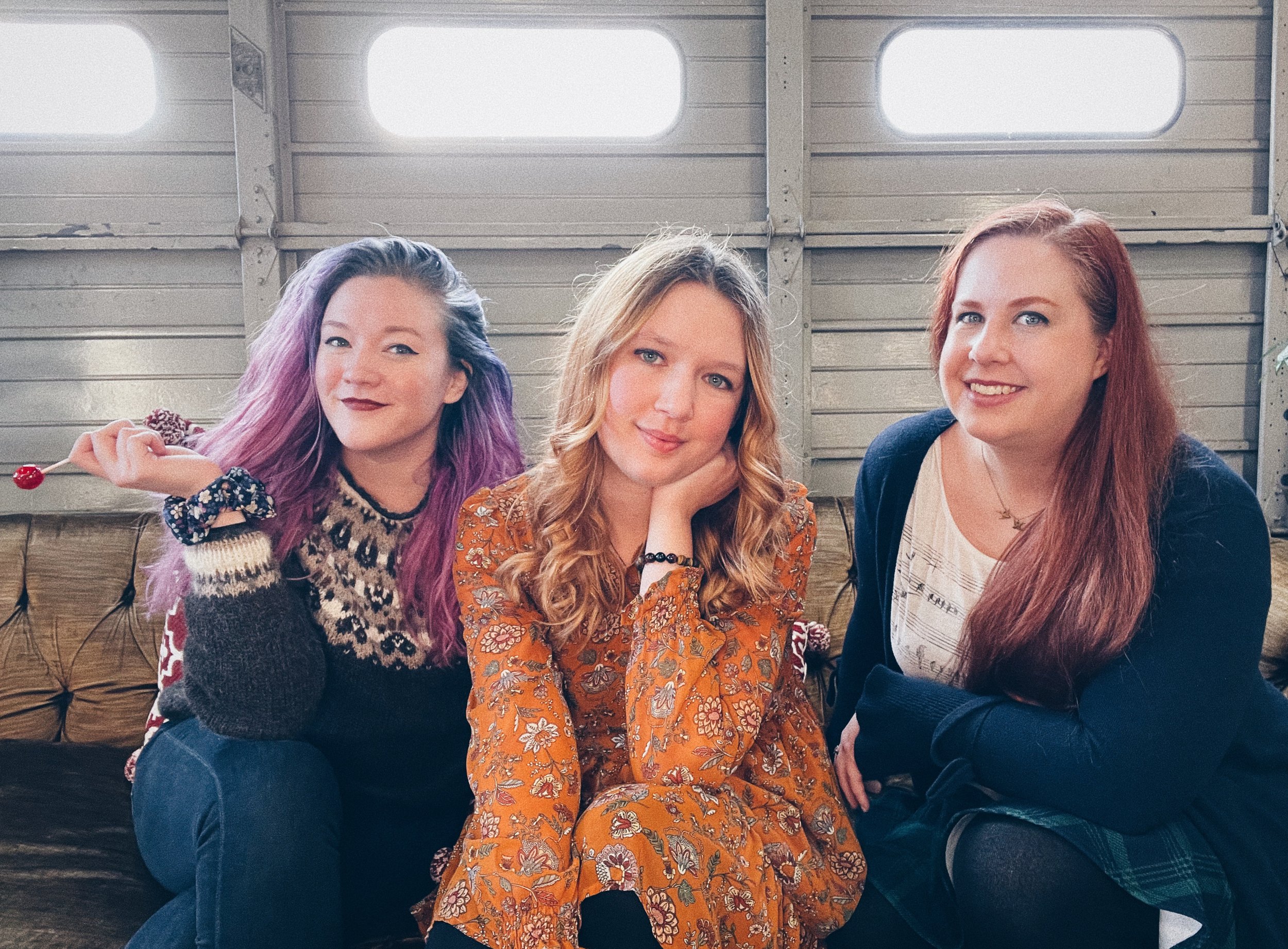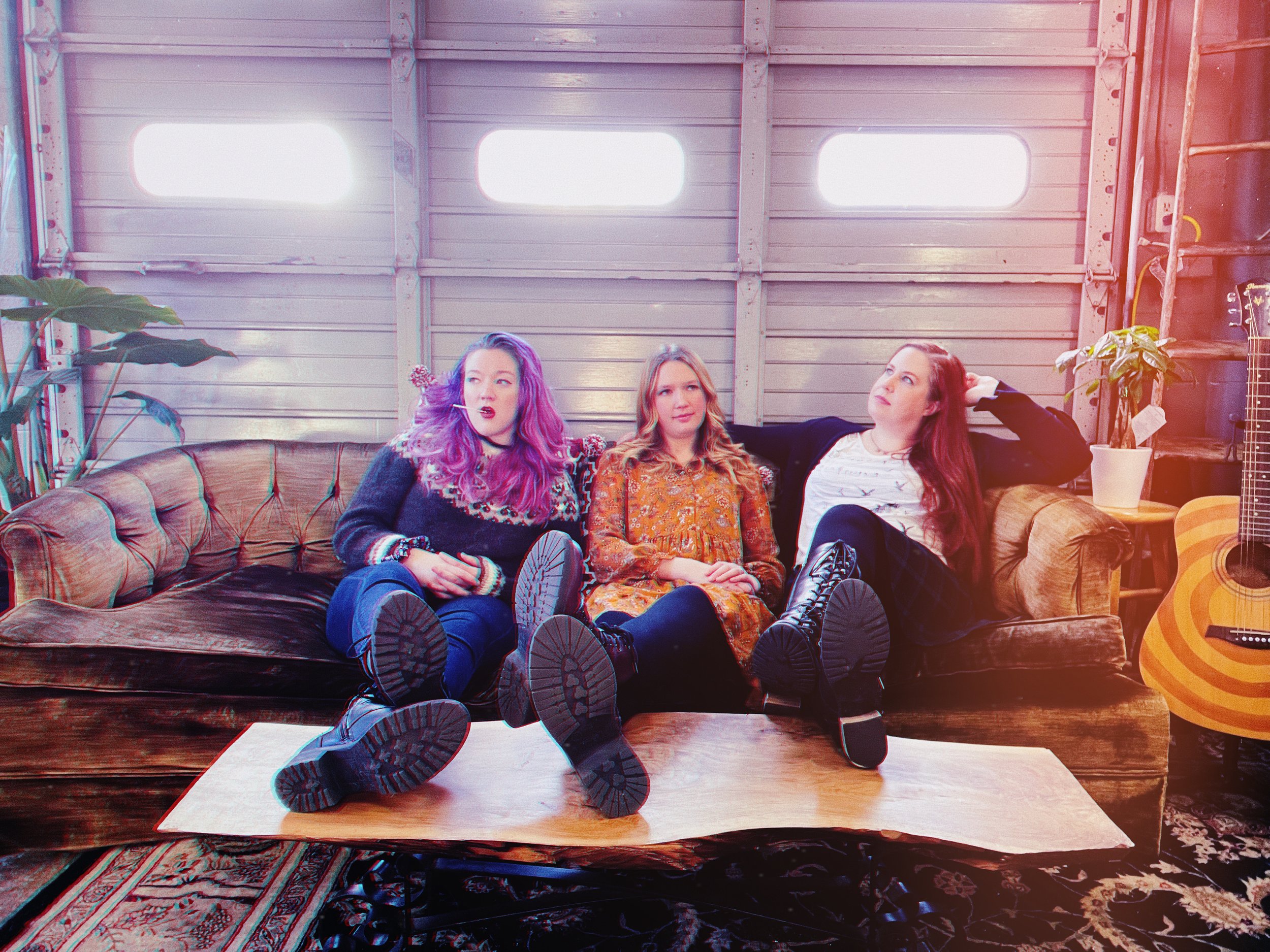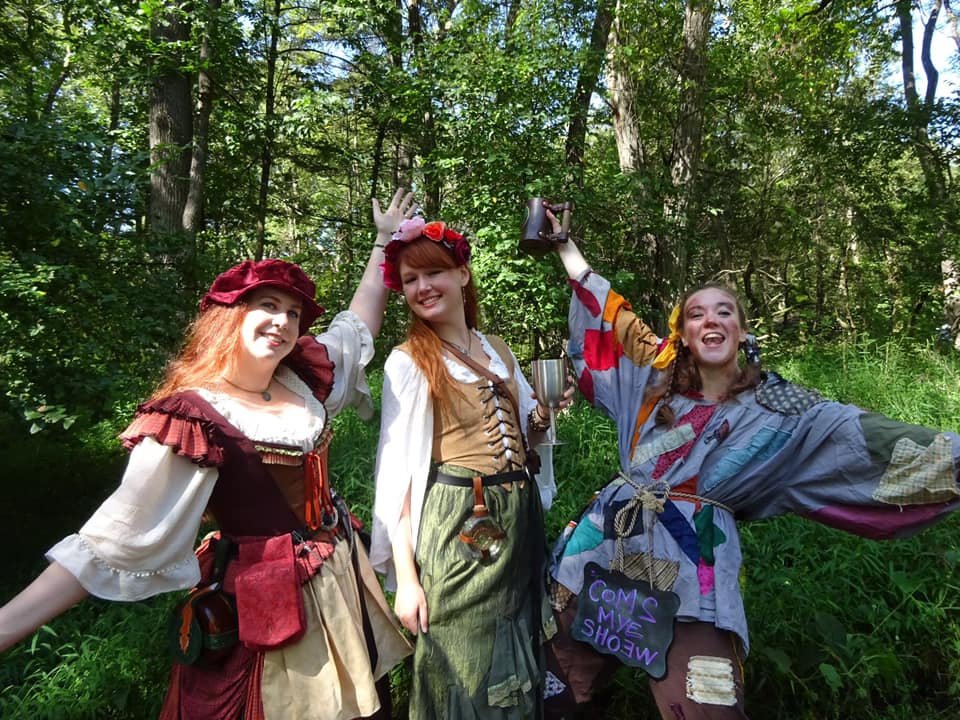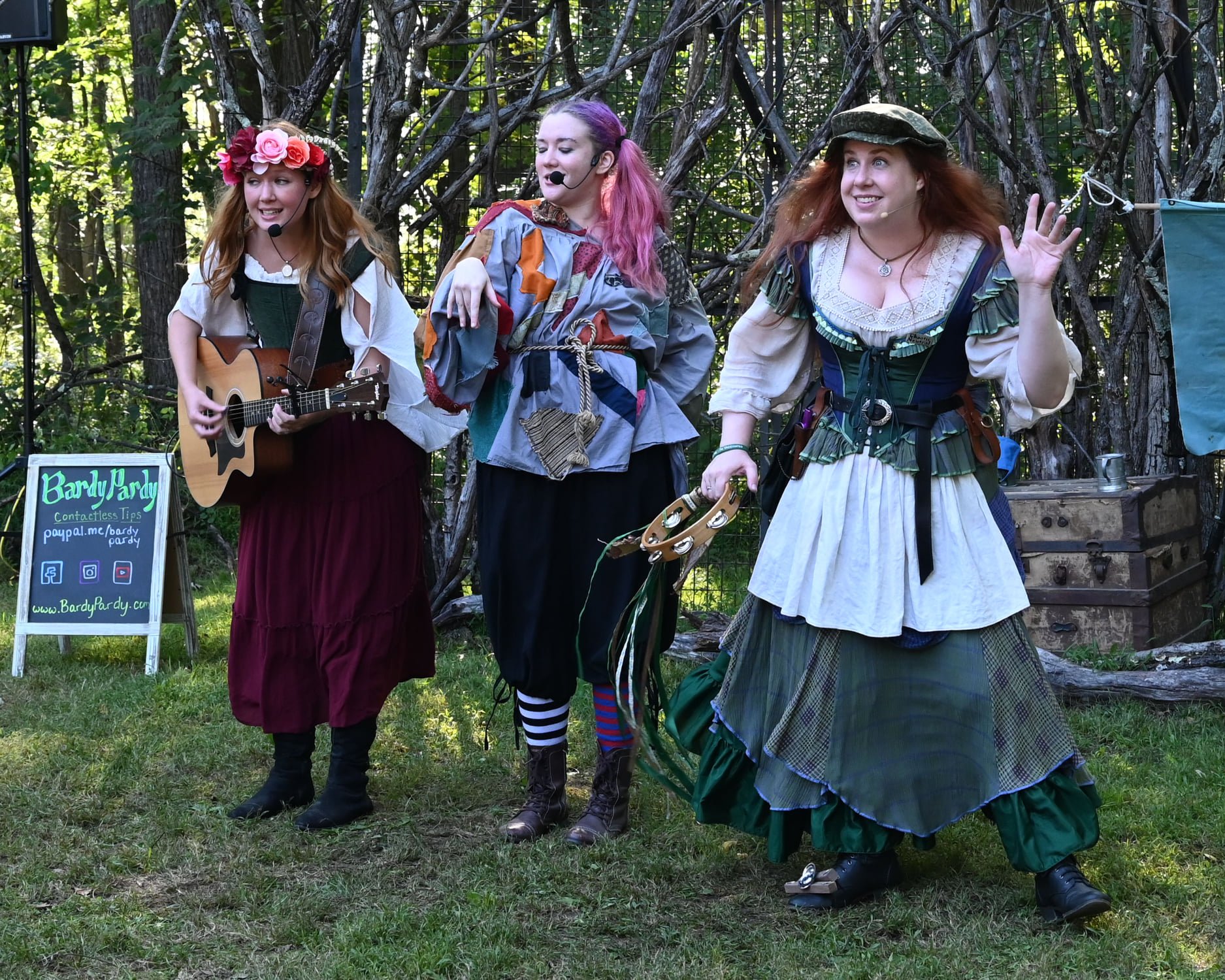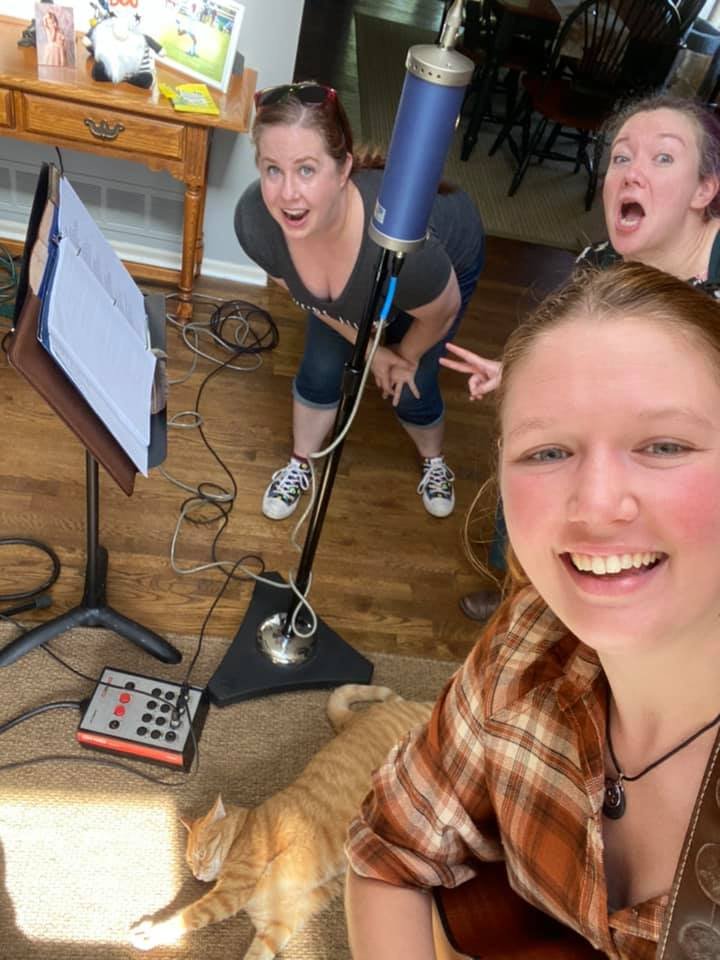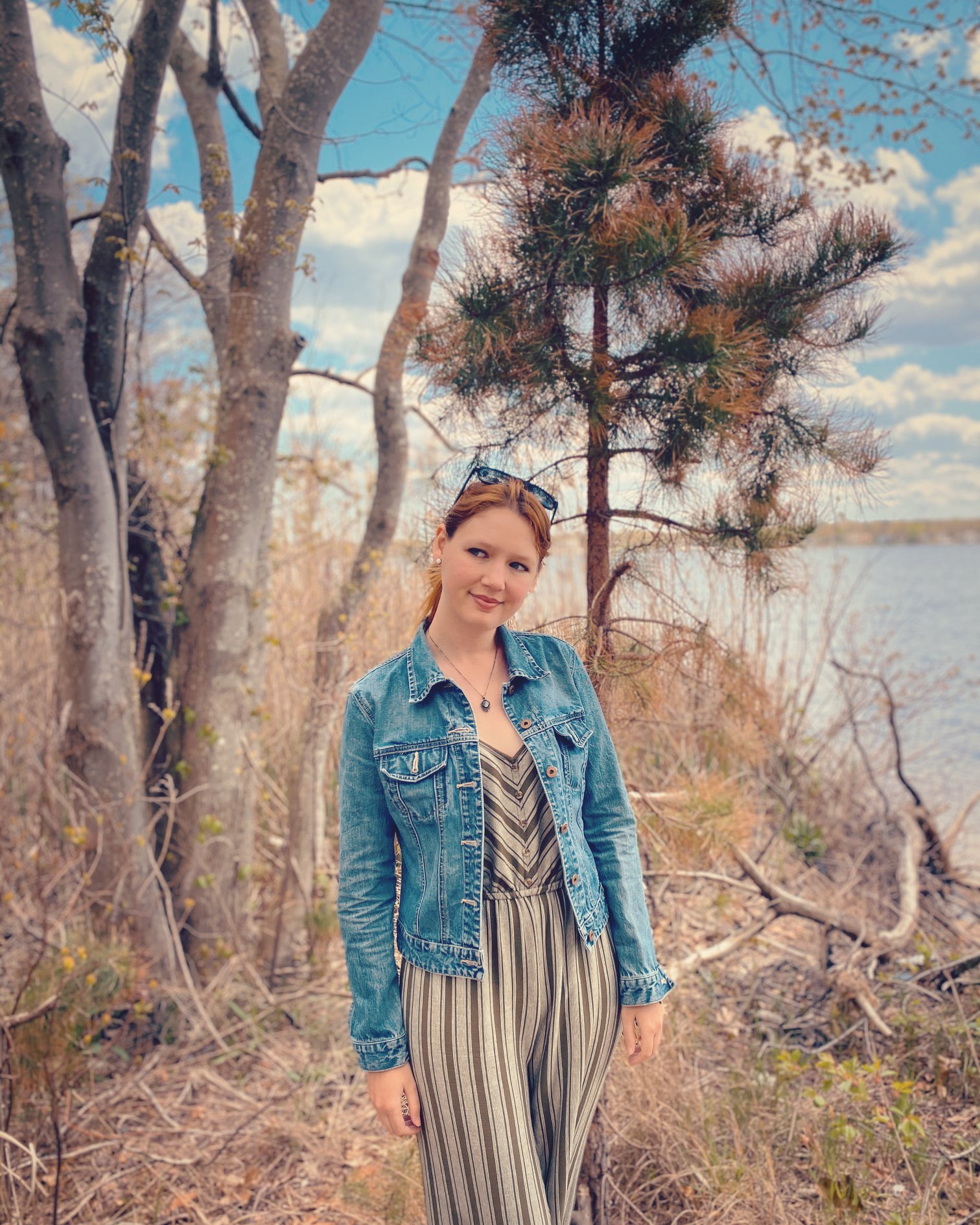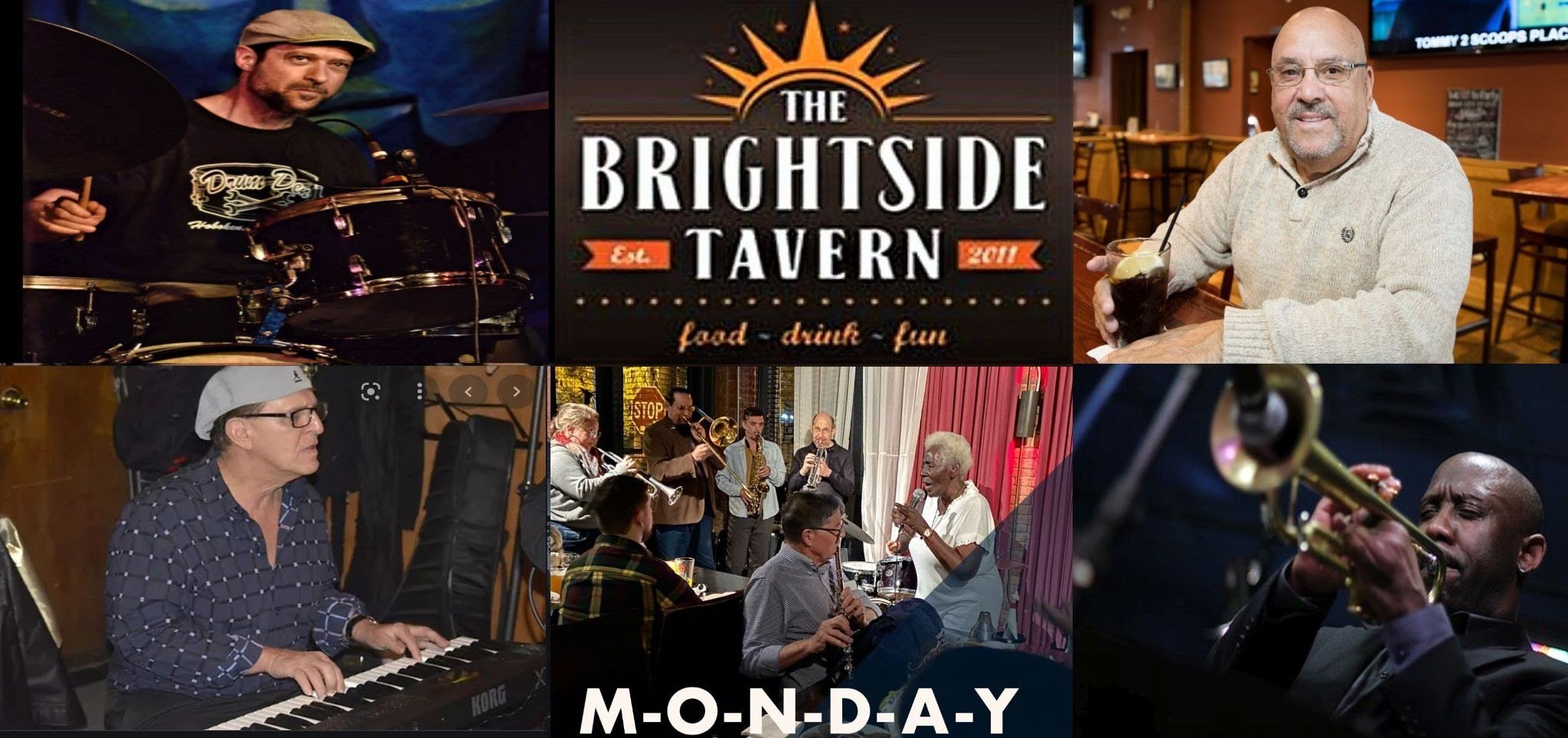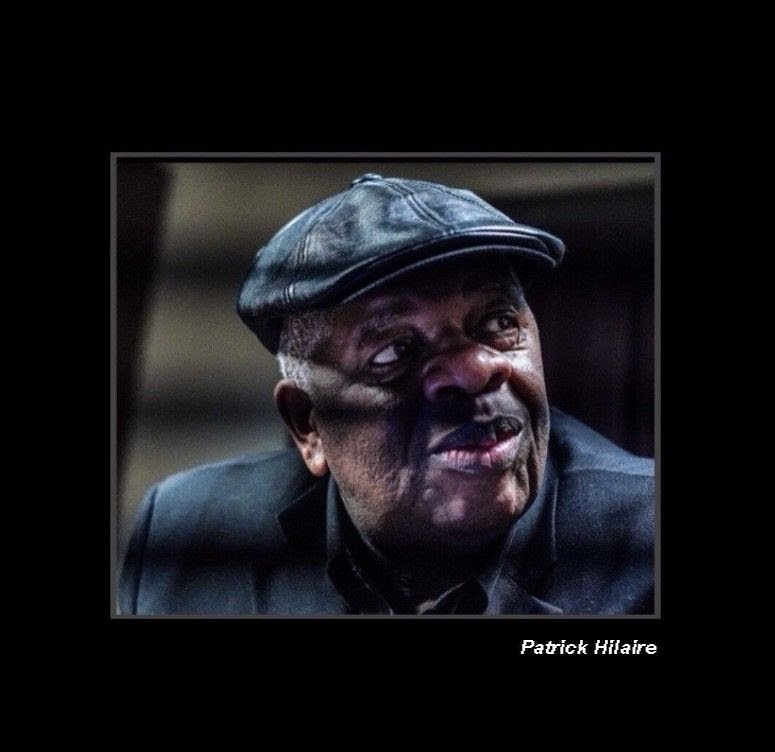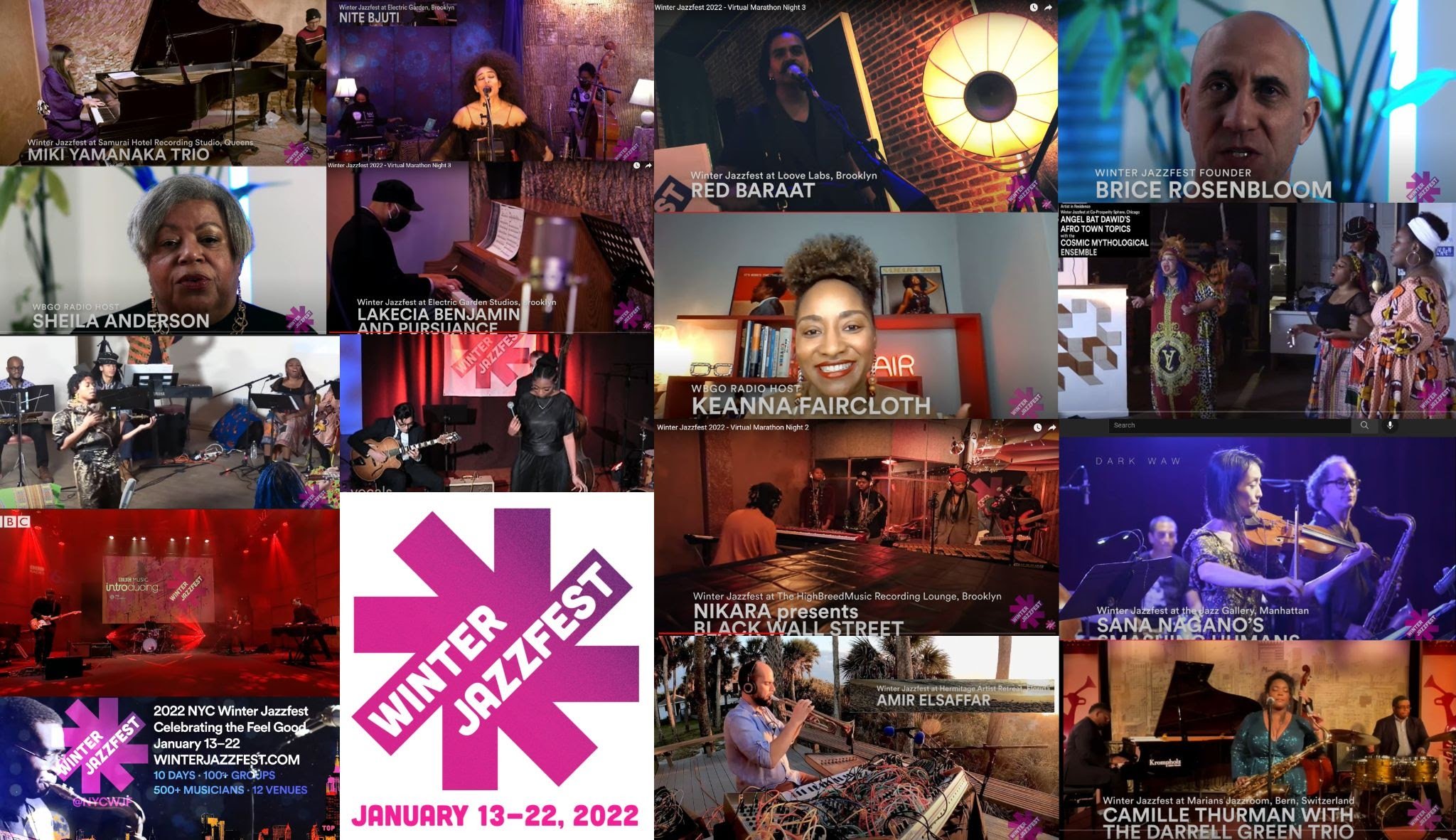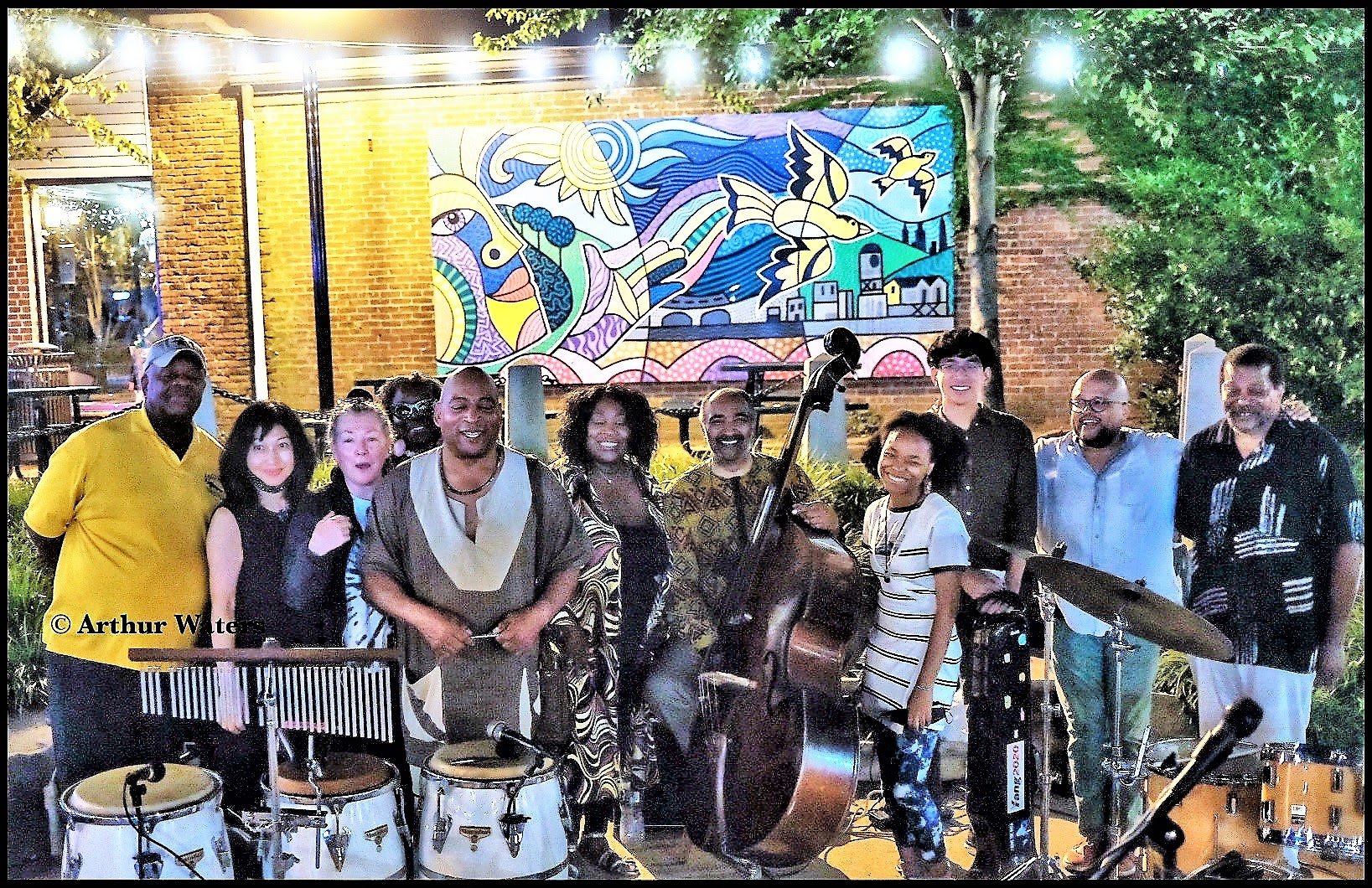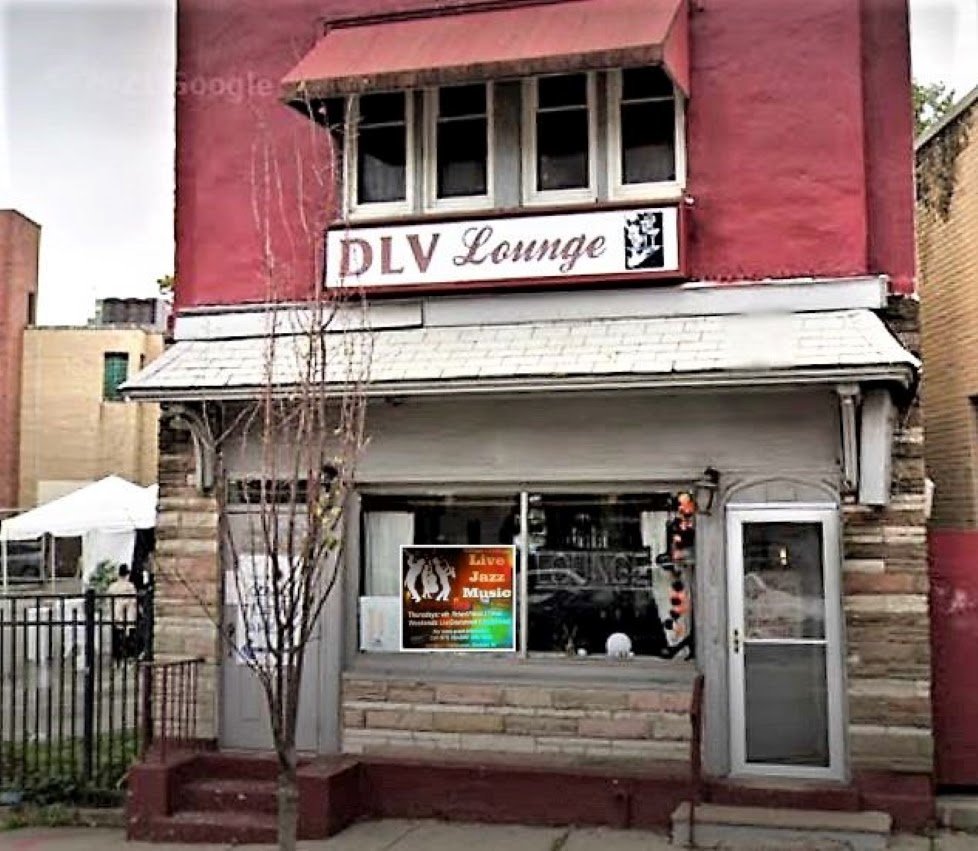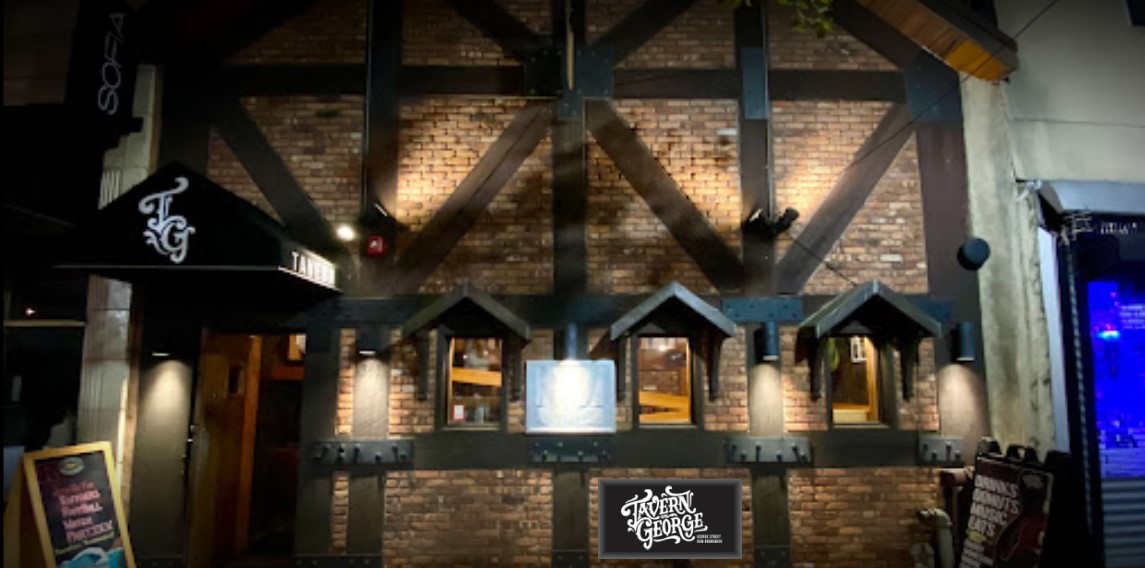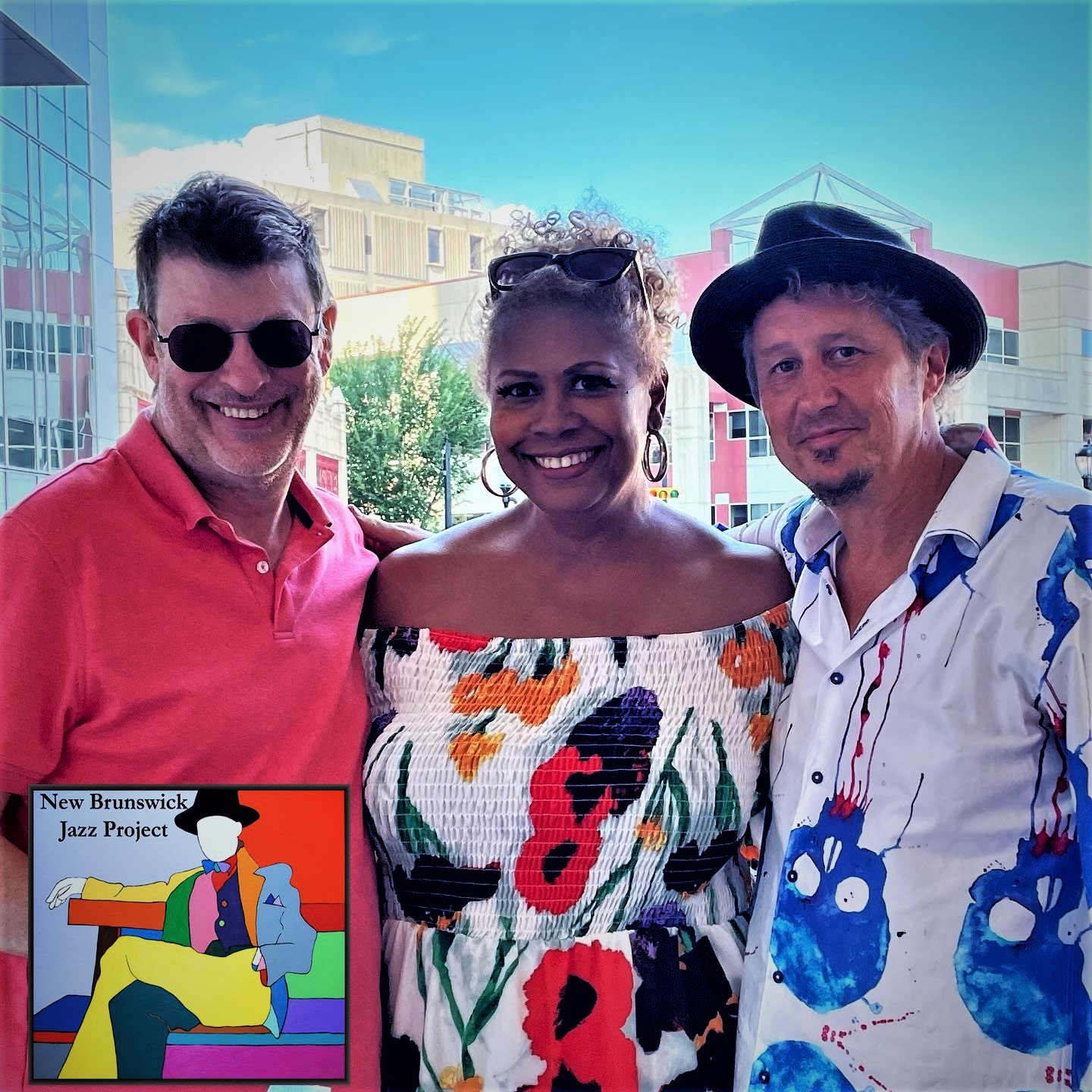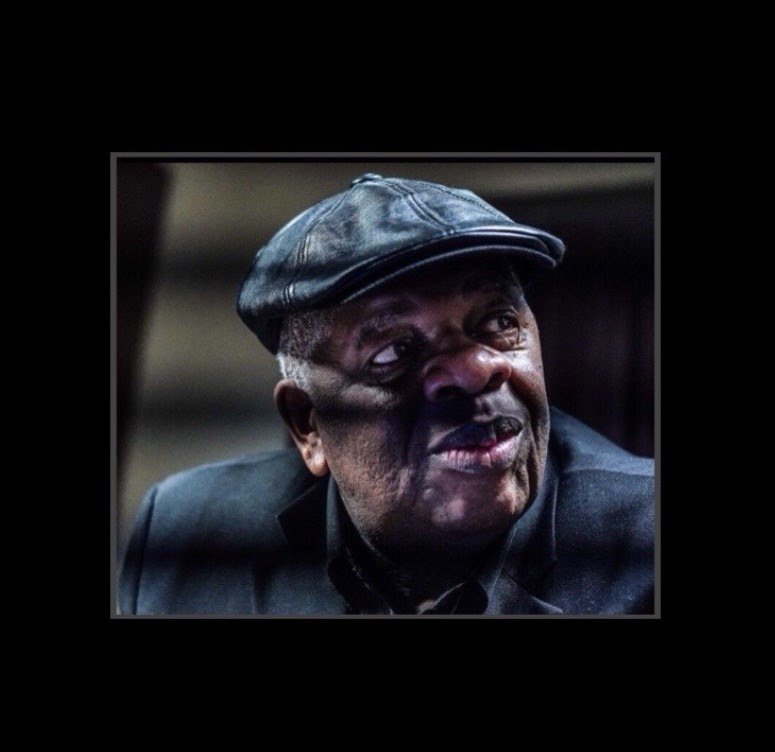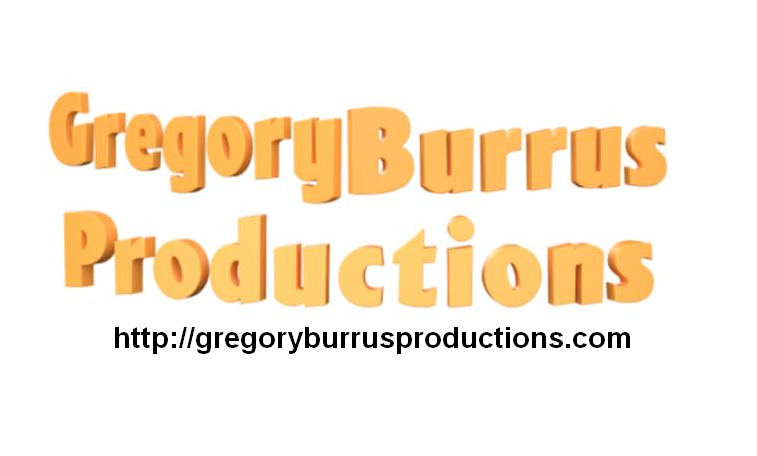Do you ever get somebody who comes in and is like, "I'm not really sure where I'm going next" and you have to really dig deep to figure out what they want to be, what they're aiming for?
It's less so that they don't know who they are and where they're going. It's more so that they don't have — and I mean no disrespect when I say this — they don't have a defined character that reaches outside of "I'm a wrestler." To use some timely or evergreen examples, when we think of someone like The Undertaker, he was around for 40 years or so. His whole gimmick, at least until 2000-something, what that he was The Deadman. That was his whole thing. He was supposed to be a dead guy. OK, cool. That's a very defined character. You're not going to write an ice cream song for him, right? You're not going to write an indie-style song. You're probably going to write a funeral dirge, which is what lasted over 40 years.
But then you have someone like, for example, Bryan Danielson, who's in AEW. His themes have always been great, and they've always nailed them. They basically took "Flight of the Valkyries" and made rock versions of them and modernized versions.
Daniel Bryan's story was always: he's the best wrestler. OK, well, what do you do with that? What do you highlight? There's got to be a little nugget somewhere else in the character that you can pull from. A while back, I had actually spoken to Jim Johnston. For those who are familiar, Jim Johnston was the composer for 32 years for WWE. I messaged him one day on LinkedIn. I was like, "This guy's not going to answer. I'm just some schmuck," and he ended up responding. We had a little bit of a back and forth, which was cool, and I was like, "Listen, you're talking about how it's easy to write themes for The Undertaker, but what if you have a wrestler who's just a wrestler, or just a fighter, or something like that?" and he goes, "There will always be something that you can connect to, even if it's something that everybody else has. There's something that does make them a little bit unique, so you have to continue to dive to that."
So, for example, if someone's like, "OK, I'm an MMA fighter." OK, great. Well, what else are we doing with that? You could just stop there and be like, "Alright, cool, we're gonna make a rock track. That's great," but I think there's depth in saying, "OK, cool. So when you are an enemy fighter, are you more submission-based? Are you more strike-based? Do you feel that you have a chip on your shoulder? Is this something where you had maybe lost a lot of fights and you all of a sudden came around the other side, you trained, and now you're out to prove something?" There's little things that you can extrapolate from someone. Let's get those extra nuggets and pull those out because that's going to make not just the difference in the music that I write, but it's also going to help you even define more of what you're going for.
I will say that a lot of wrestlers tend to have a pretty strong vision of what they're looking for. In some promotions, they have a little bit more freedom than others, but a lot of promotions now are giving wrestlers that freedom to be who they want to be and, in turn, to have the music that they want to have.
In terms of your personal background, how did you find yourself in this world? Tell us a little bit about your journey and how this became a career path.
It's one of those things, like, you never know what's going to happen. You never know where life will take you. I've been a believer in both sides of that. One door shuts, another one opens, and kind of conversely, what's the other side of that coin? You could be one step away or one move away from the next phase of your life.
I've been a professional musician on and off now for about 10-12 years or so, and I was running a wrestling podcast. (You actually got me in contact with Patricia Rogers. She's so cool. Everything that she and her team do for Those Wrestling Girls is so dope. Check them out! Highlighting female wrestling!)
So, some buddies and I had a podcast called The Armchair Bookers, and we were looking for different ways to maximize our visibility. We were like, "OK, cool. What skillsets do we have?" Well, one guy was good at interviewing. For me, one of my buddies went, "Well, you write music. Have you ever thought about writing music for wrestlers?"
When I was in college, the big thing I wanted to do was start writing music for commercials, films, and video games, and one thing that you find, especially in video games and films, it's more at the mercy of the project than it is at your own writing speed. A film could get put into backlog and a game could get put into development hell.
Wrestlers are some of the nicest people in the world. Everyone's just trying to work together, generally. Everyone's trying to put themselves over, put each other over, so it's cool. Why do I bring that up? Because a couple of the interviews that we had done with The Armchair Bookers podcast, we had become friends with a couple of different wrestlers that were local or on the way up. A gentleman named Ricky Gibson, who now works for UWN under The Midnight Heat, was actually the first person that we interviewed and the first person I ended up doing a theme for. I was like, "Hey, I know how to write music, I know how to release it, but I have no idea how to even get into writing themes for people. There's no roadmap or anything for that." He goes, "Oh yeah, you could go ahead and make one for us."
I don't think they were really expecting much because we were coming from the podcast perspective, and they heard the intro that I had written and it was kind of like a mid-2000s, Three Days Grace kind of thing. It was cool, but you wouldn't think much of it. It's like ten seconds at the beginning of a podcast. Then, I wrote this theme for them, which was this '80s inspired theme, and they were like, "Oh my God, this is really cool." So we started talking again. I was like, "How do you do this?" and he was like, "Well, basically, what you're doing now. Just start reaching out to people, talking to them." I was like, "Is that really it? I know there's copyright and things like that." They were like, "Dude, the wrestling industry is still so up in the air and so independent that there's so many floating ideas, so many floating laws."
So I kept reaching out to different people we had interviewed. Ricky Gibson and Eddie Pearl, to this day, I continue to be friends with. They've referred so many people to me over the course of time, and I'm super grateful for that. Masha Slamovich, same thing. Over the course of time, it just became that people started to learn my name. There were referrals.
I still do a lot of client outreach. For anyone running a small business or a big business, it doesn't matter how big or small you are. Always continue to network, always continue to communicate. Not everything is referrals, and you've still got to put in a lot of legwork, even if it's 30-40% of your business.
Two years later, I'm sitting almost at over 100 themes, and I have probably about 20 in backstock now that I'm working with. So, it's a combination of referrals and reaching out. There were a lot of people that I never thought I'd even get to work with or that would even know my name. It's just crazy to see now.
It took the passion of composing, which is my big love, of being able to write and put music together, and now finding that outlet for something that I enjoy from an entertainment side, which is pro wrestling.
It's a great story for anyone entering a new career, a new industry, to just talk to people. There's no harm in asking. 99% of the people that you'll meet will want to be helpful.
How does it feel to turn on your TV and see/hear your theme played? What’s that experience like?
It's been very humbling. I've always considered myself more of a composer than even a guitarist or a producer. I love the creation of music. I love being able to just take a blank landscape and all of a sudden, “Wow, now it speaks to somebody.” Right? Being able to hear it live, it's a very different experience.
When you hear that other people are resonating with your music, it's really humbling because it’s like, “Hey, I'm just in my studio, writing music for wrestlers.” It’s really cool that I get to work with them, but all of a sudden when you hear that person go live and you see that the music that you wrote is the first thing that resonates with the audience… Like they say in wrestling, it doesn't matter if they're cheering, if they're telling you go away, if they're booing you. If they're quiet and they're dead, then that's when you know that you're not being effective.
There have been a couple of different instances where a wrestler has come to the ring and the crowd gets up, they get really happy, sad, whatever is the case, really animated and the first thing they hear is, for example, The Premier Athlete's theme (Tony Nese), or Dani Jordan's theme when they were using it for AEW, or Darren Young's in New Japan. It's just really cool to see that the music takes on a life of its own because the wrestler is so in tune with what they're doing and in tune with that.
My wife and I run a music school here in Midland Park called The Piano Workshop at Bergen County. I always tell my students, "We all start wanting to be a professional musician." Or let me even scale that back. We all want to pick up an instrument because we see our favorite musician on stage, whether that's a Taylor Swift, a Machine Gun Kelly. For me, when I was younger, that was Blink-182. Even if it's Britney Spears.
For me, being able to come back around all these years later and be like, OK, this is where we’ve come from. All this hard work, all the blood, sweat and tears, so to speak, that you put in, you're all of a sudden able to see the fruits of your labor come to fruition in that way. So it's humbling to be like, OK, cool, we actually took something that we had a passion for and now here we are with it. I was 13, let's say, when I realistically started really getting into music. I'm 33 as of this interview, and I think that humbles 13-year-old me. I'm like, that's crazy. I was sitting in my bedroom in Key West, literally jamming on the guitar — it had an MxPx sticker and a Yamaha sticker and it was like 20 bucks, given to me by my brother — and then all of a sudden, we're here. It's absolutely crazy.
Have you found that social media and Instagram, in particular, have made it easier to connect with wrestlers, potential clients, and to network?
The majority of my business is done through social media.
I think we see a lot of negativity that happens on social media. Gratefully — and knock on wood — I've always had generally positive experiences. You'll get the people every now and again who have their opinions. I don't mind opinions. I mind if you're being a jerk about it, you know? But very rarely have I run into somebody who has genuinely been like, "I'm just a bad day every day.”
I think wrestlers use social media so much to connect with people. It's also the way that their name gets around so much. If someone does a cool move, has a cool match, they end up being able to connect and get it shared.
I feel like a really big way for me to connect with people is through DMs, through Instagram. Probably Instagram, Twitter and Facebook have been the biggest three. I have my YouTube, which I'm always updating with new music, and I have a playlist that I put up of the themes that I've worked on. I think that if if social media wasn't around, it would be much more difficult for me to grow my business, both from a referral standpoint and a communication side.
I always try to be as personal as I can with the wrestlers that I reach out to, and vice versa. I've seen people online that are like, "Oh, I just sent an email blast to 10,000 people and 10 people responded. What's going on?" My thing is I'd rather get 1/64th of the work but know that the person that I'm working with and I really do connect. I try to find out about as much of the industry as possible. I try to find out as much about a wrestler that I want to reach out to as possible. That way, when I do send a message or I do reach out on Twitter, it's not just "Hey, I write music, hire me." It's more like, "Hey, here's what I know about you. Here's what I really appreciate about what you do. I want to offer my services." It's not a tongue-in-cheek, "Hey, you're great. By the way, I do this. Maybe we could work together? Nah, I'm just kidding. But maybe...? I don't know!" None of that stuff because that's just ballocks. It doesn't get you anywhere. It just makes you look like a hack. It's legitimately, "Here's what I like about what you do. Here are my services. I'd love to work with you. Let's see if we can make something happen," and usually people resonate with that. Social media is definitely helpful. There's a tact to how you do it, but it's just how you'd speak to people in general, you know? People really resonate with that.
Excellent advice for any industry. You really want to be personable. Like you mentioned, it's easier now to mass email or mess message people, but if you write that extra little personal something that shows, "Oh, I actually took the time to look and see what you're about and what you've done,” that really goes a long way.
I think every business person, whether they're in a big company or a small company, can look at it the same way. Know who you're reaching out to. There are definitely tools out there where it's just like, "Hi, (insert tag here)," and it adds the person's name, and you pray to God that they didn't put in their last name and their first name in the same thing because it's totally not personable to say "Hi, John Kiernan." Nobody says that. They just use the person’s first name.
Sometimes wrestlers will have different accounts — some for personal, some for their stage stuff. So I always try to be respectful and go to their stage stuff. When I work with wrestlers, there are some that I refer to by their kayfabe names. There are some that I refer to them by their real names. It's always for me preference. There's one person, Lilith Grimm, who I've worked with. We did a theme that was very tribal, very much like a Heilung-style, and we were able to get the hurdy-gurdy player from the band Eluveite to play on it, too. It was really wild, really cool. I still call her "Lilith" to this day because that's what she prefers. Her real name is out there, she has a profile and all that, but I still refer to her as "Lilith" because that's what she wants. Other wrestlers don't care, but you always want to be respectful of that. So I think the more you can learn about somebody, the more you really try to connect with somebody, the more social media can work for you to help you grow.





